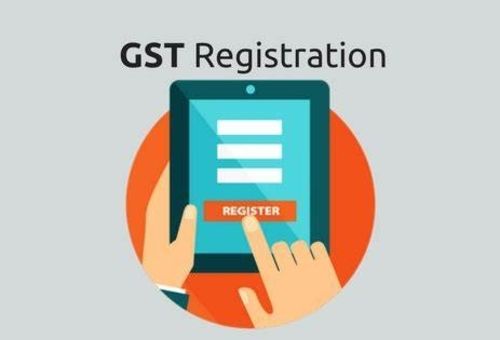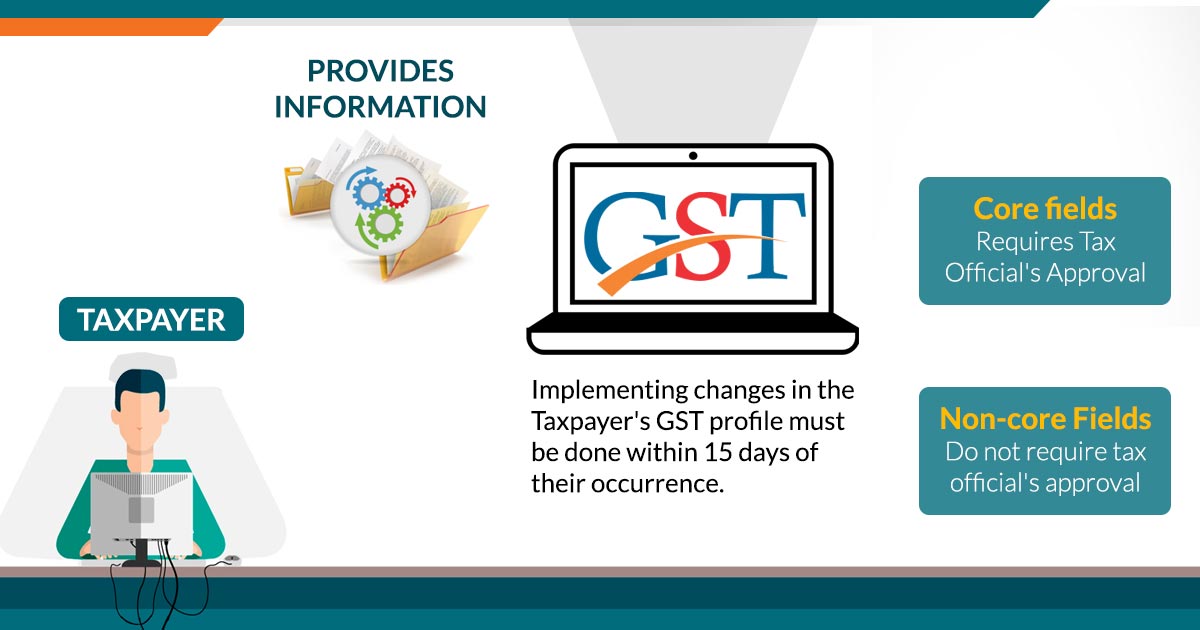Comprehending the Conveniences of Singapore GST Registration for SMEs
Comprehending the Conveniences of Singapore GST Registration for SMEs
Blog Article
The Ultimate Overview to Streamlining the GST Registration Refine and Requirements for Small Service Owners

Comprehending GST Fundamentals
To realize the basics of the Goods and Provider Tax (GST) system, small service owners should initially comprehend its underlying implications and concepts. Under the GST regime, organizations are required to gather and sign up tax obligation on behalf of the federal government, ensuring openness and compliance.
One of the key principles of GST is input tax credit report, which allows organizations to declare credit scores for tax obligations paid on their purchases. Understanding these standard concepts is essential for tiny business owners to browse the complexities of the GST system and make certain conformity with the regulation.
Qualification Standards for Enrollment
Having developed a foundational understanding of GST principles, tiny business proprietors must currently fulfill particular qualification requirements to proceed with the enrollment procedure (Singapore GST Registration). Companies that were signed up under the previous tax routine (BARREL, service tax obligation, and so on) are likewise mandated to sign up under GST. Farming companies that just provide produce out of main manufacturing are excluded from GST registration.
Papers Needed for GST Registration

Simplified Registration Process Actions
Following the collection and verification of the requisite files, the enrollment procedure for GST can be browsed with a series of streamlined actions made to facilitate effective conformity for tiny business owners. Upon effective verification, an Application Recommendation Number (ARN) is issued, indicating the completion of the GST registration procedure. By adhering to these streamlined actions, small service owners go to this site can properly sign up for GST and make certain conformity with tax obligation laws.
Tips for Ensuring Conformity
To maintain regulatory adherence and functional honesty, thorough oversight and positive steps are critical in guaranteeing compliance with GST needs for tiny organization owners. Small company proprietors need to stay updated with GST laws, submitting due dates, and any changes in tax obligation rates to avoid fines and preserve a good standing with tax obligation authorities. One necessary tip for compliance is to maintain detailed and precise records of all purchases, including invoices, expenses, and invoices related to GST. Routinely integrating monetary records with GST returns can help in recognizing and correcting any kind of inconsistencies promptly. Furthermore, conducting regular internal audits or seeking specialist assistance can make sure that the business is complying with all GST regulations properly. It is also important for small service proprietors to invest in GST-compliant accountancy software that can article enhance the tax obligation declaring procedure and lessen mistakes. Attending GST awareness workshops or training programs can improve understanding and conformity with GST regulations, eventually benefiting the service in the lengthy run.
Verdict
Finally, local business owners must recognize the essentials of GST, fulfill the qualification requirements, gather necessary records, and adhere to the simplified registration procedure steps to make certain compliance. By streamlining the GST enrollment procedure and needs, small company proprietors can prevent penalties and operate their organizations smoothly within the legal structure - Singapore GST Registration. It is vital for small company owners to stay enlightened and compliant with GST regulations to keep a successful organization operation
Small company proprietors seeking GST enrollment need to ensure they gather and send the needed documents to finish the registration procedure efficiently. The records required for GST enrollment usually consist of proof of organization registration or unification, PAN (Permanent Account Number) card of the service address, entity and identity evidence of the promoters/partners/directors, photos, address evidence of the place of service, bank account statements or terminated cheques, and permission forms. Going to GST recognition workshops or training programs can enhance understanding and conformity with GST laws, ultimately benefiting the organization in the long run.
By simplifying the GST registration procedure and needs, small service proprietors can avoid penalties and operate their services efficiently within the legal framework. It is important for little service proprietors to remain certified and educated with GST policies to maintain a successful service operation.
Report this page